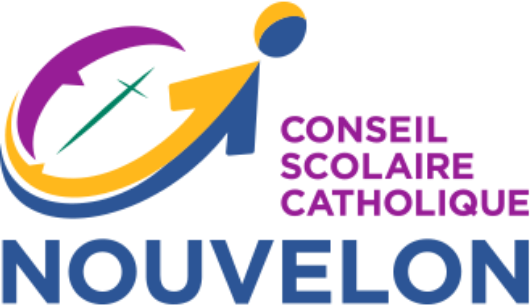February 16, 2017
From February 21 to 23, students from three Conseil scolaire du Nouvel-Ontario (CSCNO) elementary schools in Greater Sudbury will interact with the Algonquin and Métis Elder from Northern Ontario, Marcel Labelle, in a learning activity that will enable both students and teaching staff to benefit by discovering the bounty of Métis and First Nations cultures. Members of the media are invited to attend.
Marcel Labelle is a proud Métis, whose personal mission is to spread and develop the culture handed down to him by his Algonquin-Anishinaabe and French-Canadian ancestors. In his Mattawa family, he grew up appreciating the value of Métis songs, recipes and traditions and the importance of propagating them. During his school visits, Marcel gives back to his community by sharing his passion for First Nations traditions and the expertise in building birch-bark canoes that he acquired over the years from his own mentors and Elders. No fewer than 331 students from the three schools will each be offered the unique experience of building their very own miniature 12-inch birch-bark canoe.
On Tuesday, February 21, from 9 to 11 a.m., Marcel Labelle will meet some 100 École Alliance St-Joseph (Chelmsford) students, parents and grandparents at the Club 50 de Rayside Balfour (25 Main St. West, Chelmsford). During this activity, students will build miniature canoes and view a full-sized birch bark canoe built by Mr. Labelle. There will also be a bannock and apple cider tasting and the opportunity to listen to traditional and modern First Nations music.
Marcel Labelle will visit École catholique Félix-Ricard (691 Lasalle Blvd, Sudbury) on Wednesday, February 22, from 9 to 10:30 a.m. During this visit, students will build miniature canoes and listen to traditional and modern First Nations music.
Students and staff from École Ste-Marie (25 Marier St, Azilda) will welcome Marcel Labelle to their school on Thursday, February 23, from 9 a.m. to 12 noon. While some 100 students will be busy building miniature canoes, the others will be creating their own dream catchers or totem poles.
The CSCNO, whose Aboriginal Education program is amongst the most proactive in Ontario, is offering this opportunity to its students to support Native students (First Nation, Métis and Inuit) and help them reach their full potential. The Board’s program includes initiatives that support awareness, learning and success at school, and seeks to instill pride and belonging towards the Native cultures.
The Conseil scolaire catholique du Nouvel-Ontario offers a French Catholic Educational Program that is widely recognized for its excellence. The CSCNO provides a quality learning environment and an academic program that runs from early childhood to adult education, with some 7,000 students enrolled in 27 elementary and 10 secondary schools.
Info:
Paul de la Riva
Director of Communications and External Relations
Conseil scolaire catholique du Nouvel-Ontario
(705) 673-5626, ext. 294
(705) 677-8195 – cell phone
Paul.delariva@nouvelon.ca


